The Composer’s Thoughts on Arranging ‘Amazing Grace,’ 2024
Amazing grace, how sweet the sound that saved a wretch like me!
I once was lost, but now am found; was blind, but now I see.
'Twas grace that taught my heart to heal, and grace my fears relieved.
How precious did that grace appear The hour I first believed!
Through many dangers, toils, and snares I have already come;
'Tis grace hath brought me safe thus far, and grace will lead me home.
The Lord has promised good to me; His word my hope secures.
He will my shield and portion be, as long as life endures!
Yea, when this flesh and heart shall fail, and mortal life shall cease,
I shall possess within the veil a life of joy and peace!
When we've been there ten thousand years, bright shining as the sun,
We've no less days to sing God's praise than when we first begun!
Amazing grace! I once was lost; now grace will lead me home.
– John Newton, 1772

